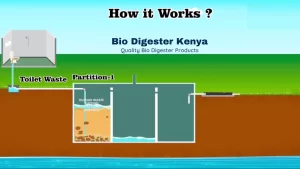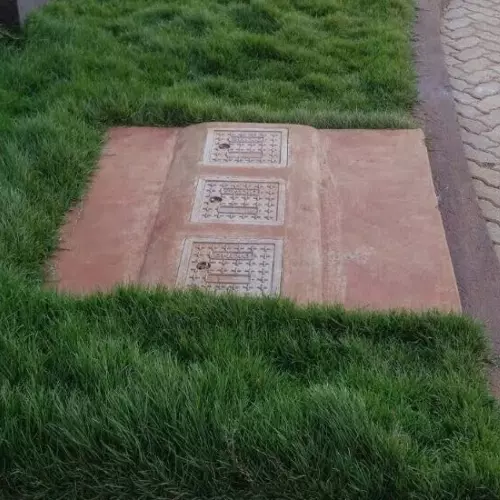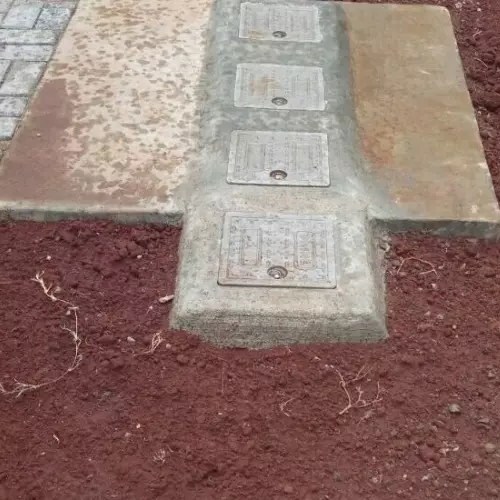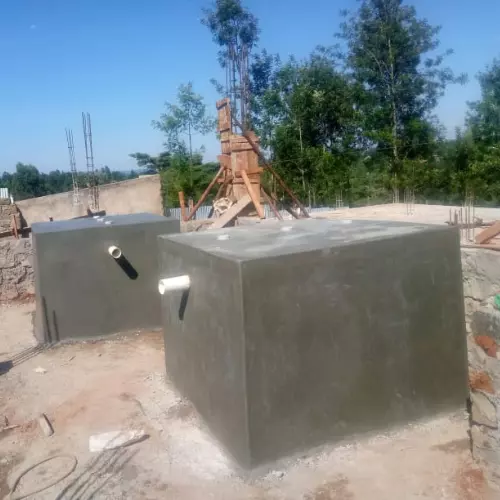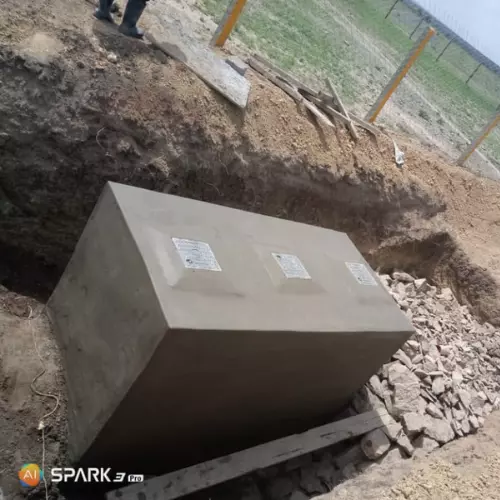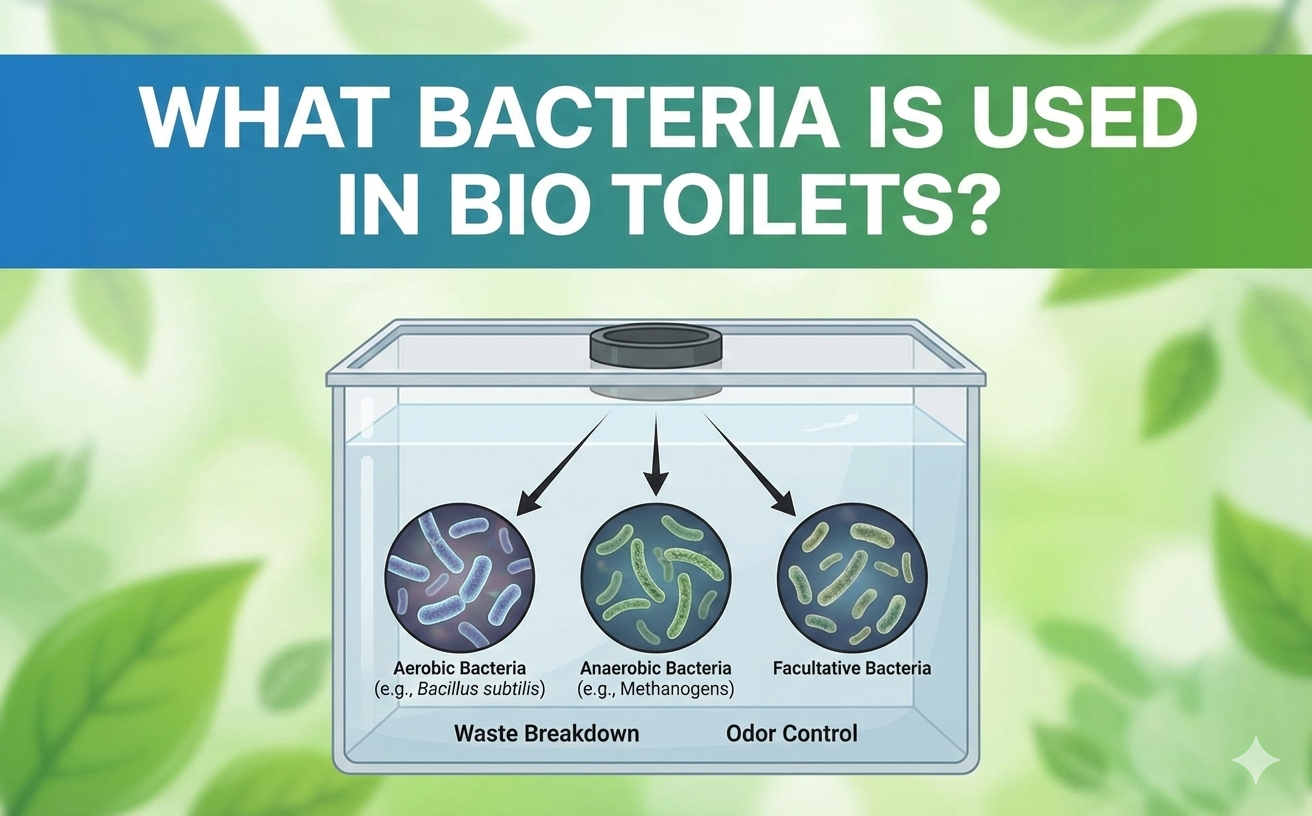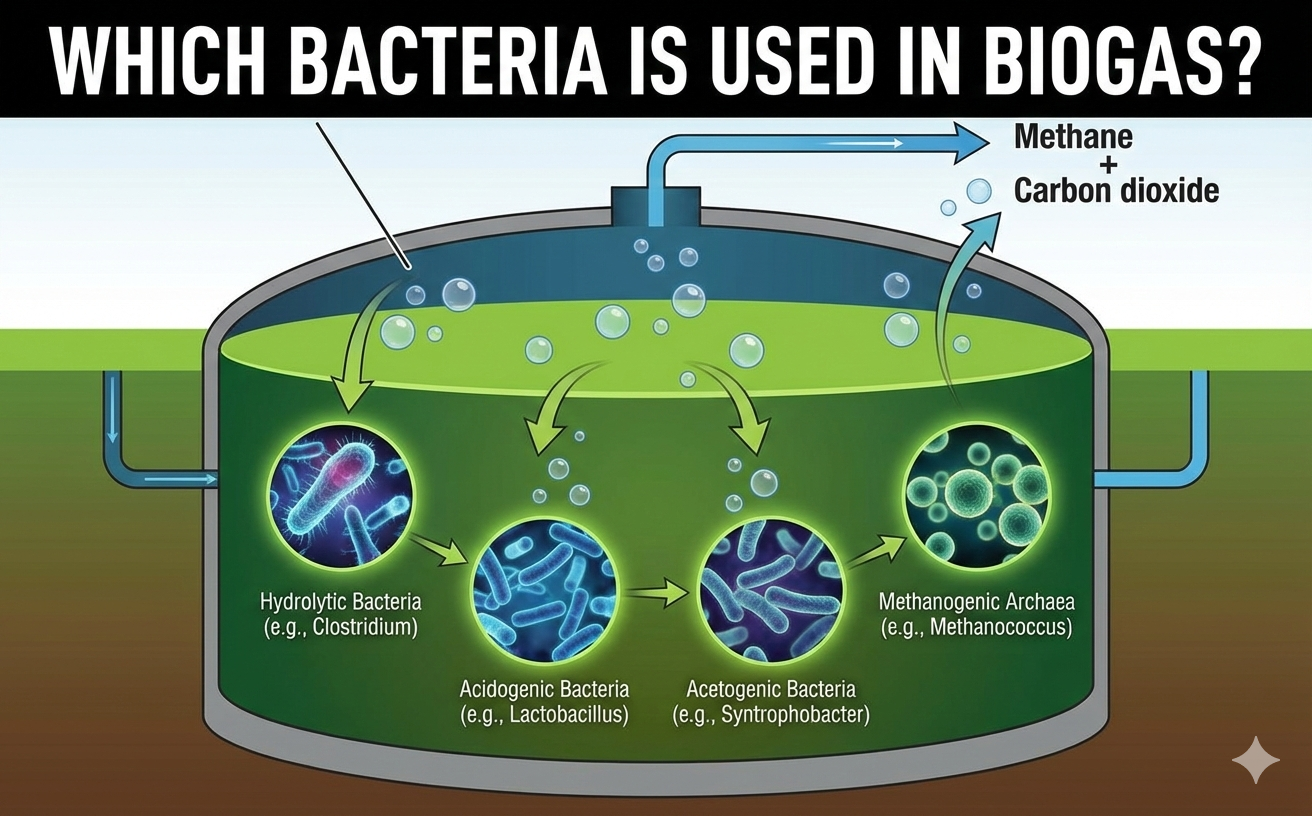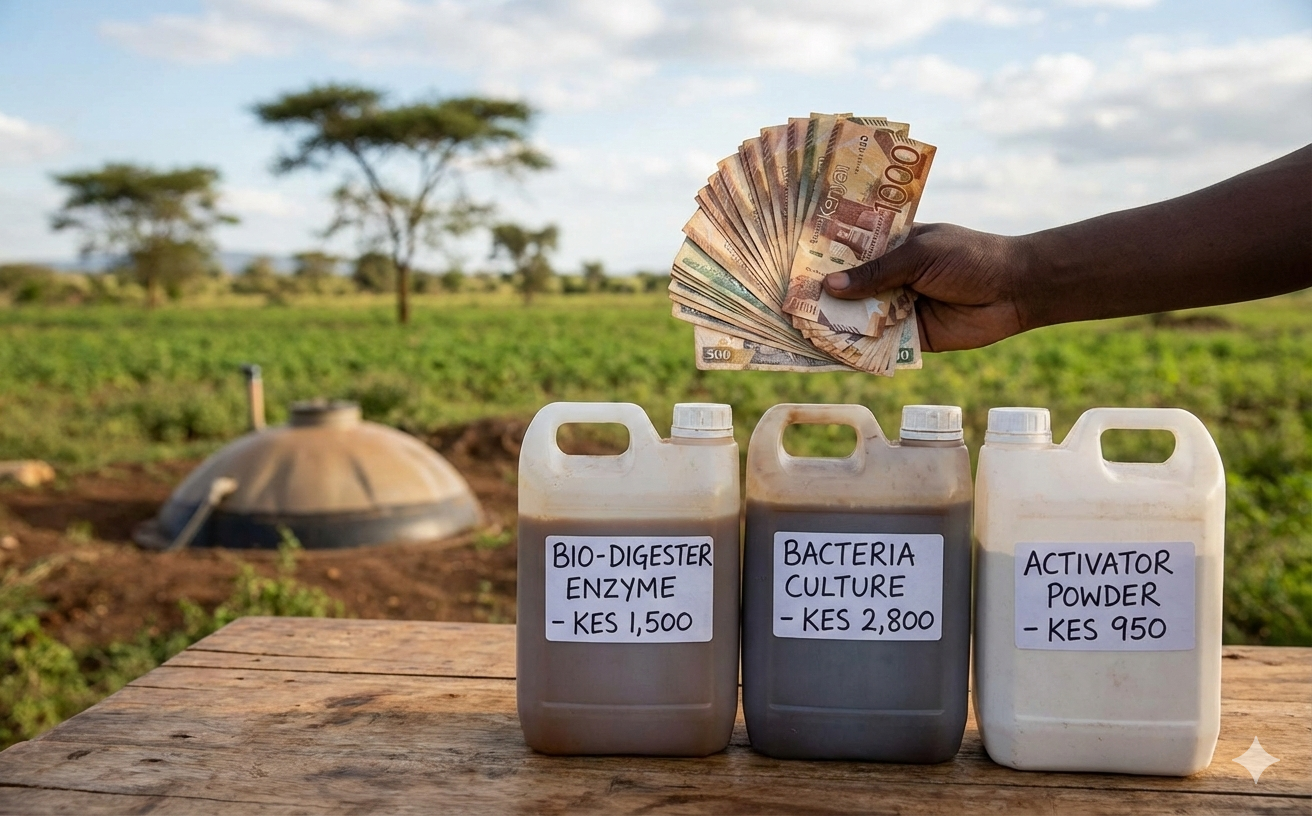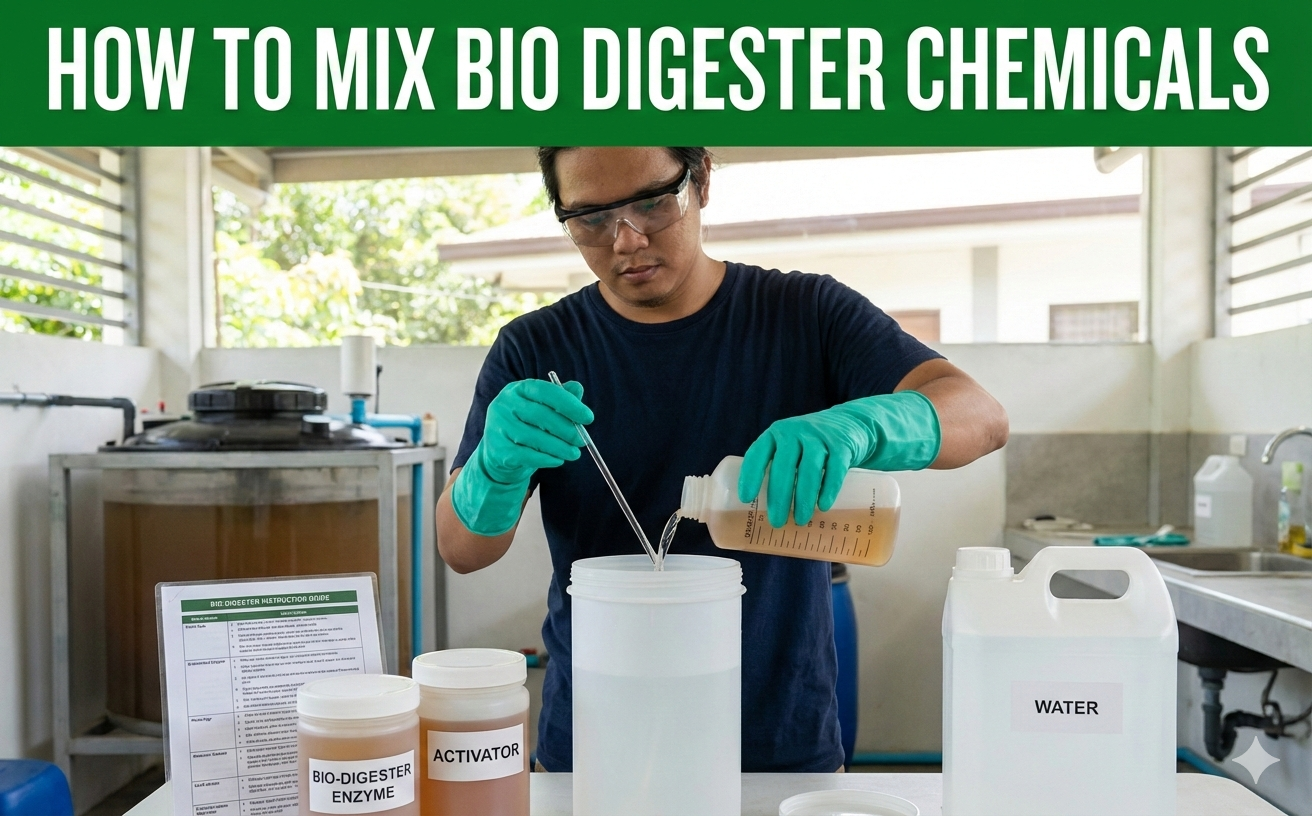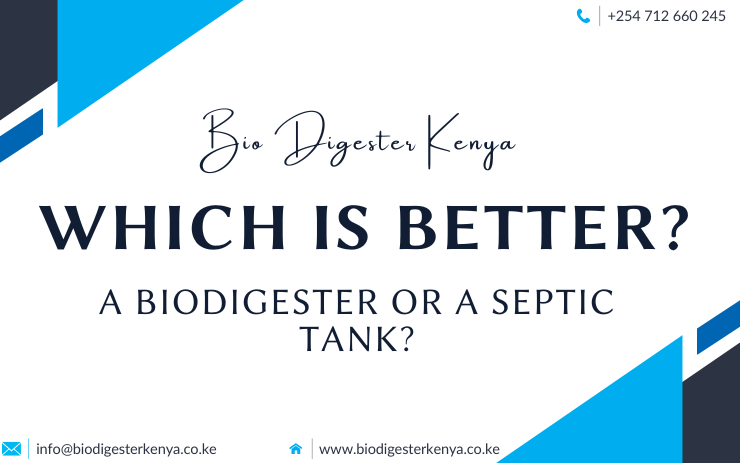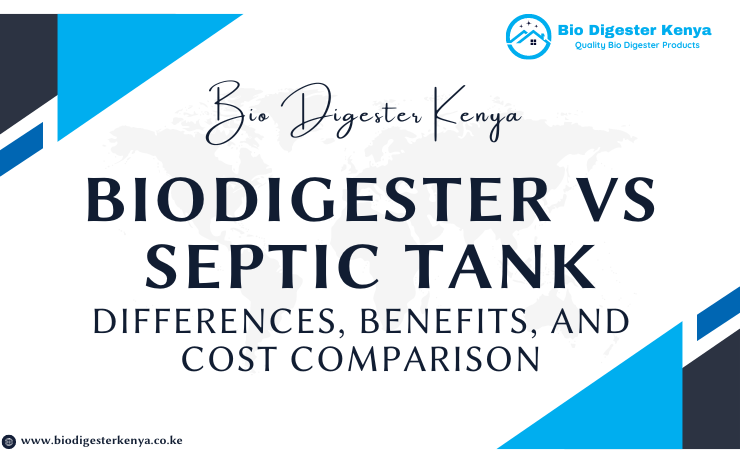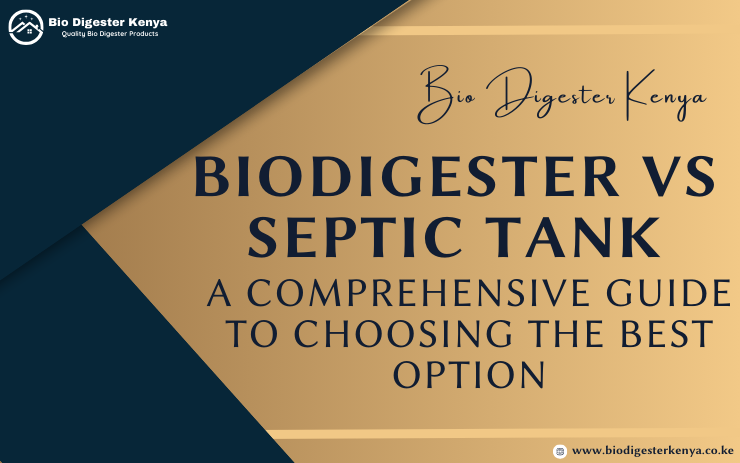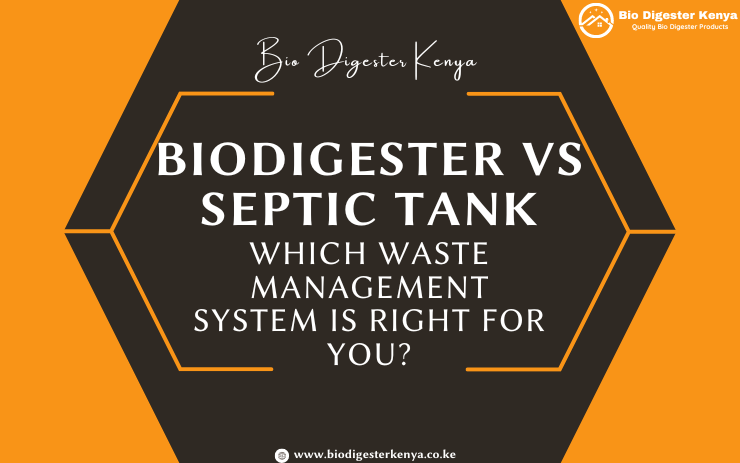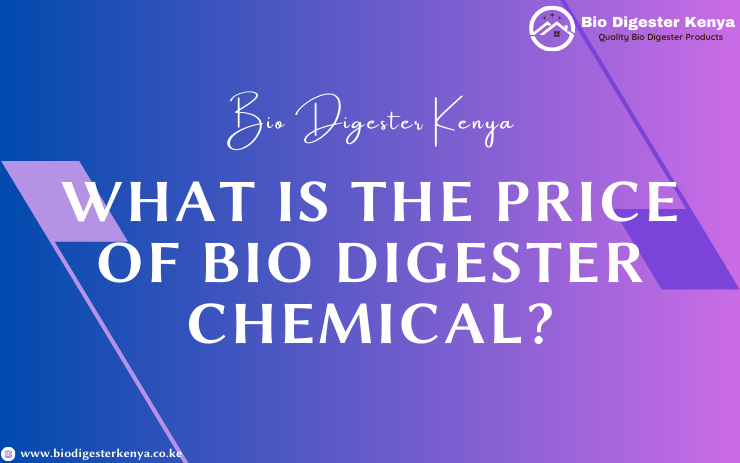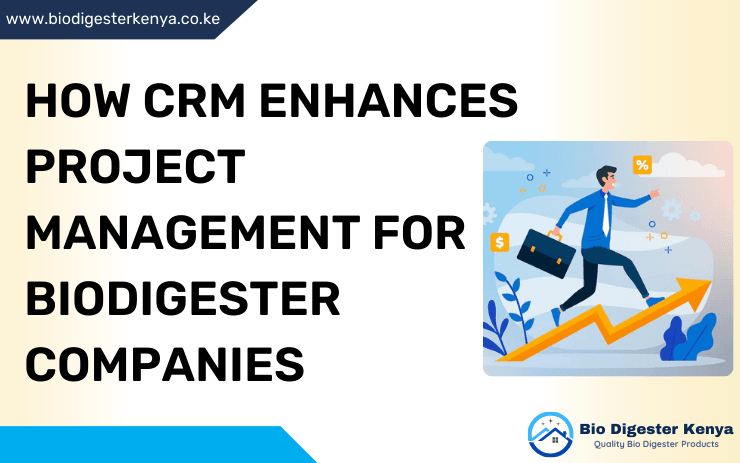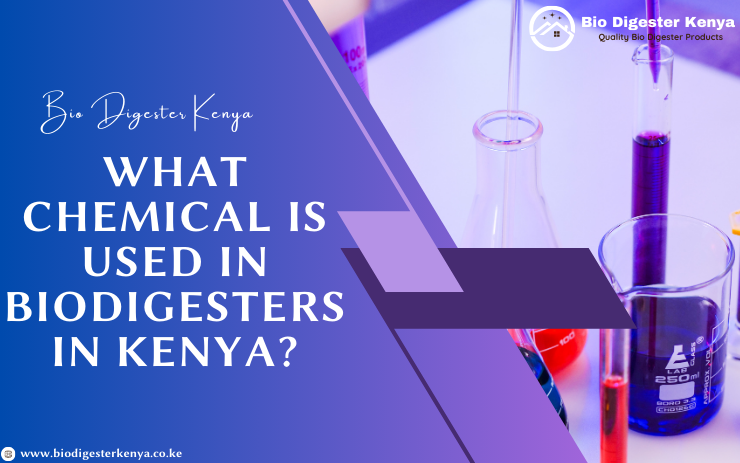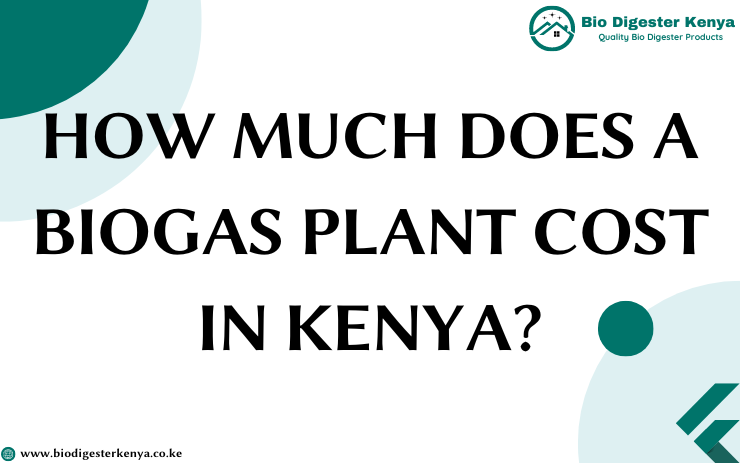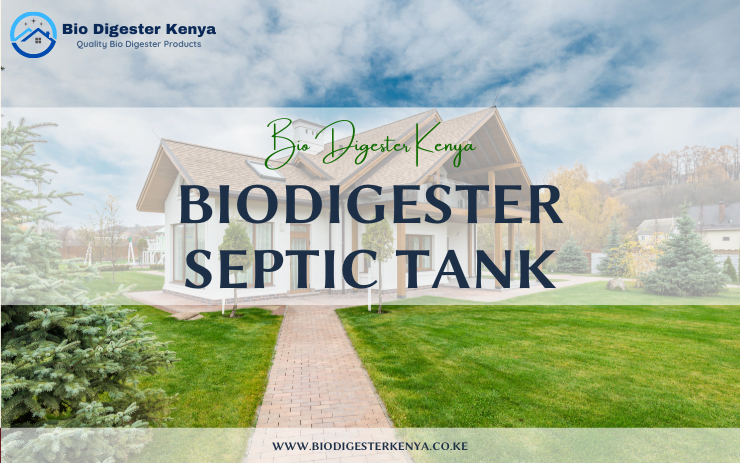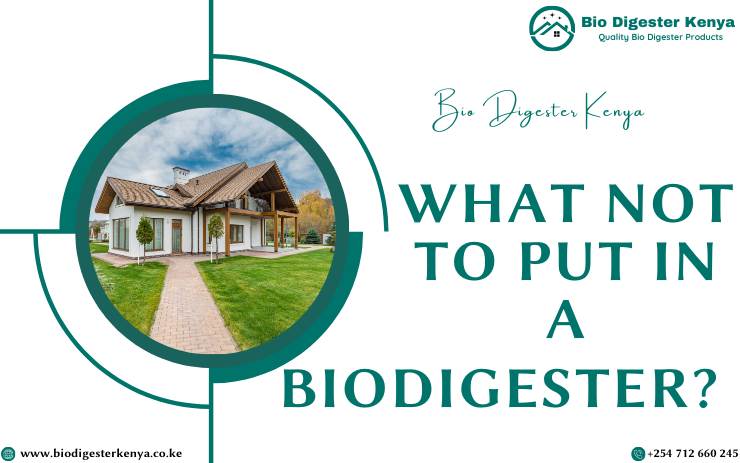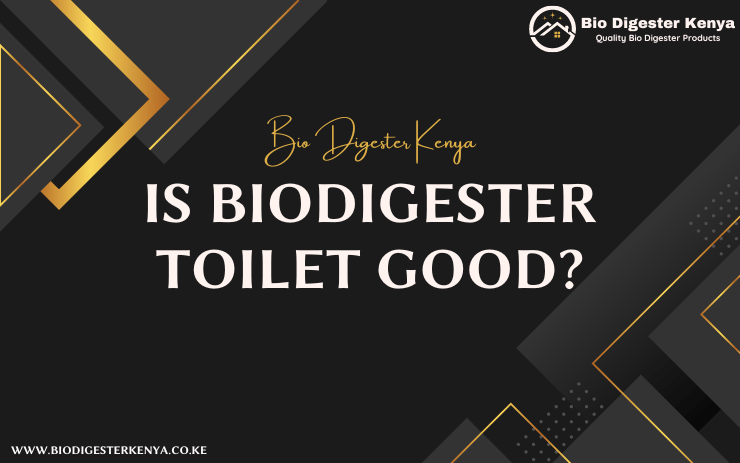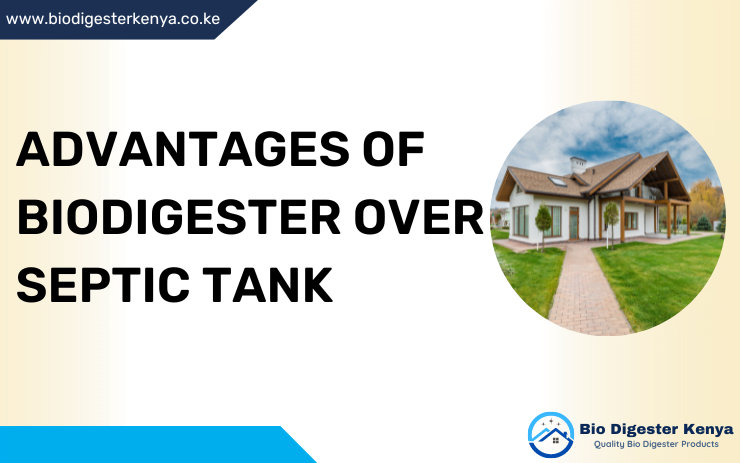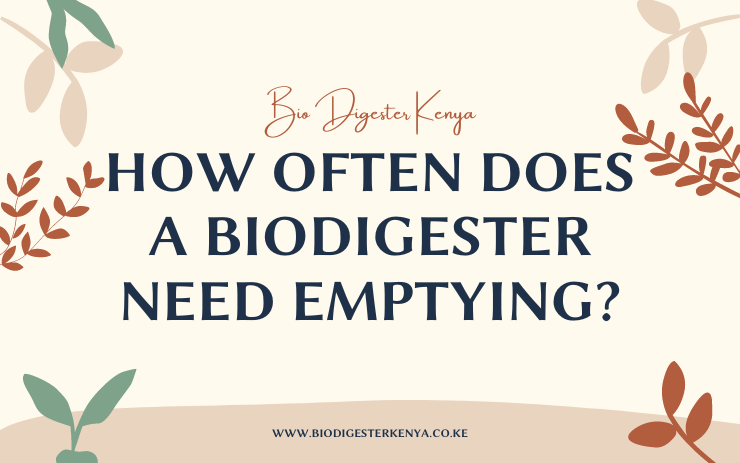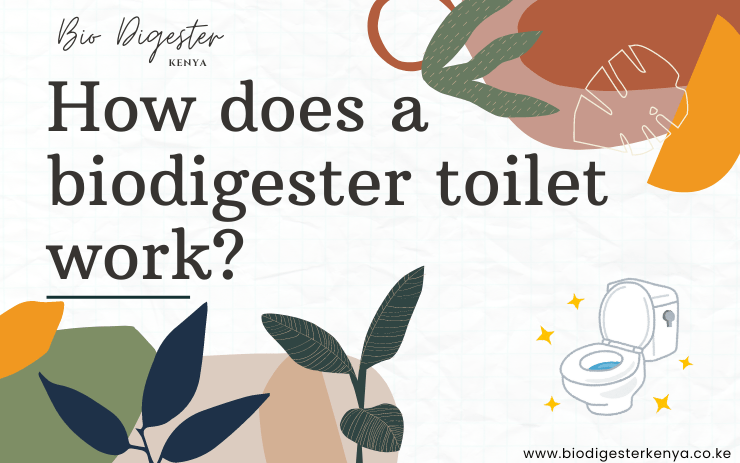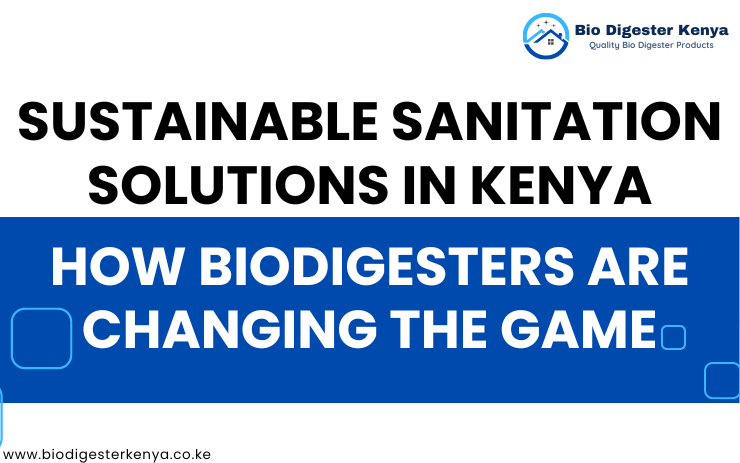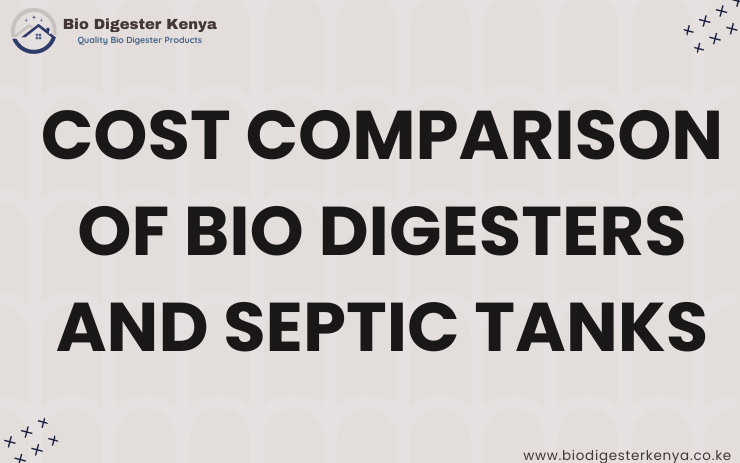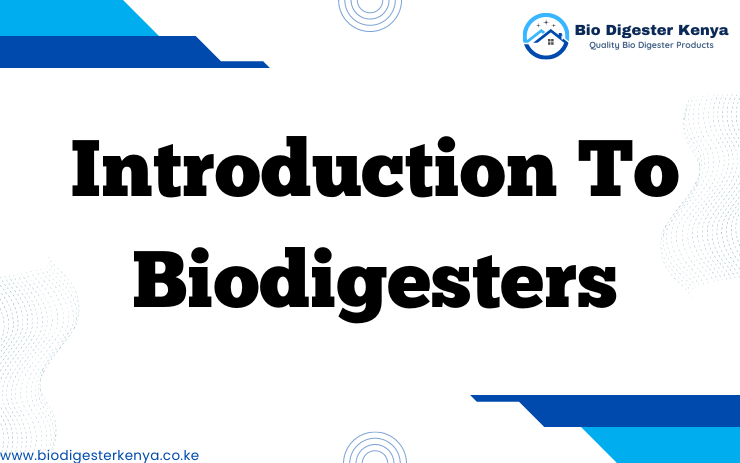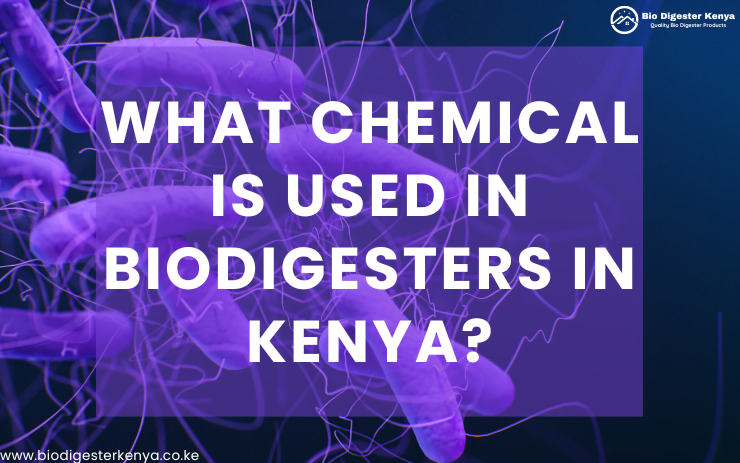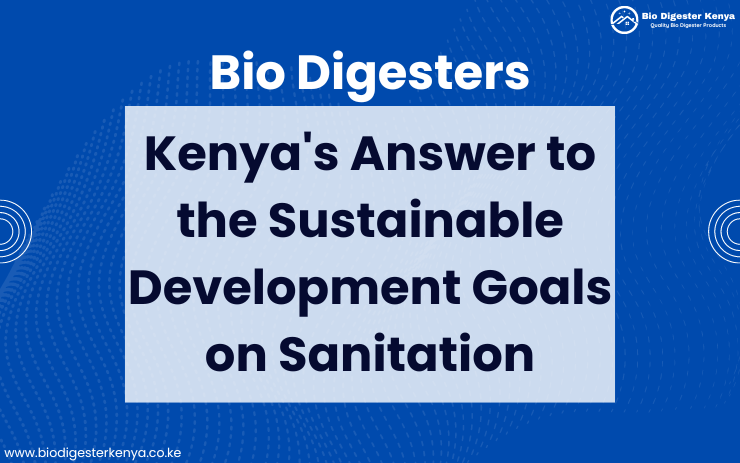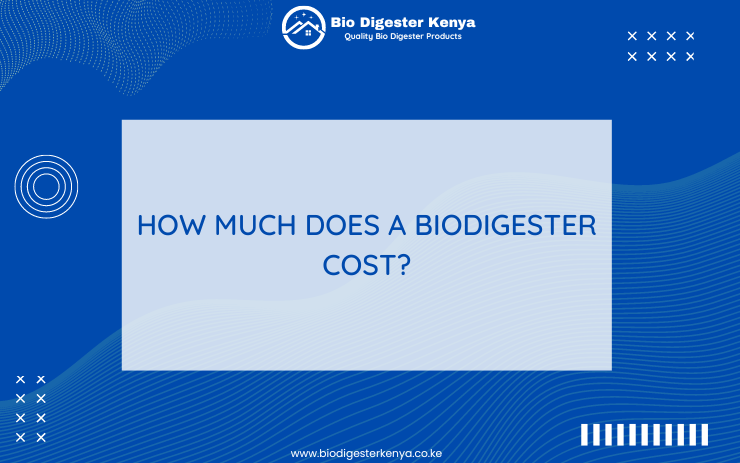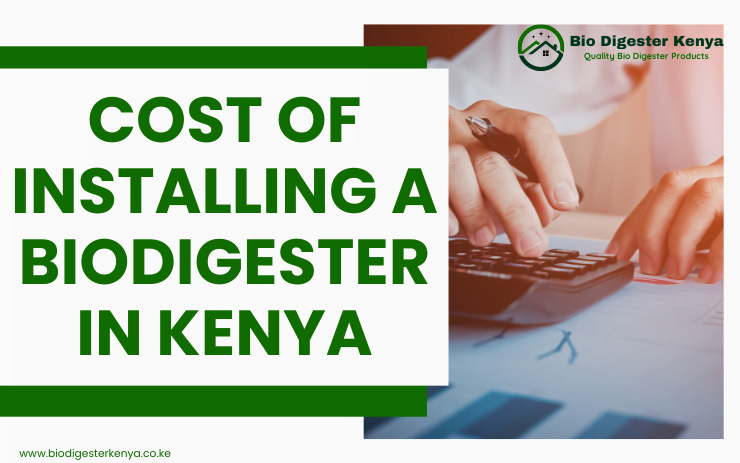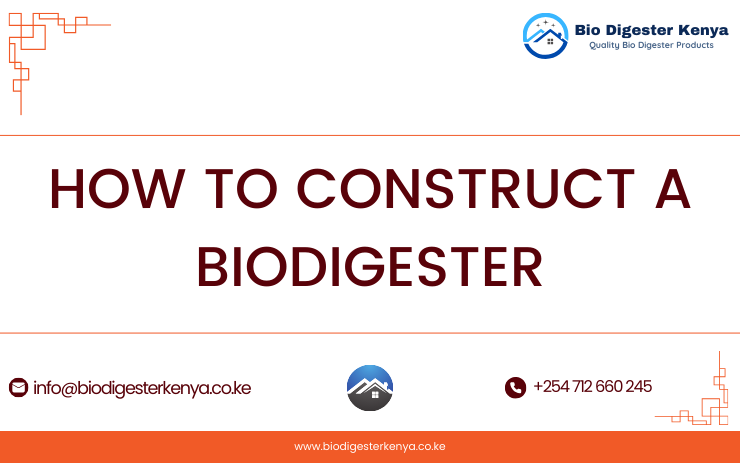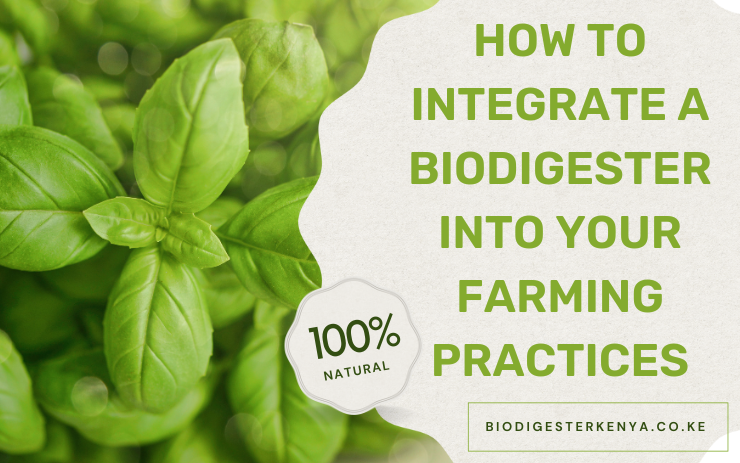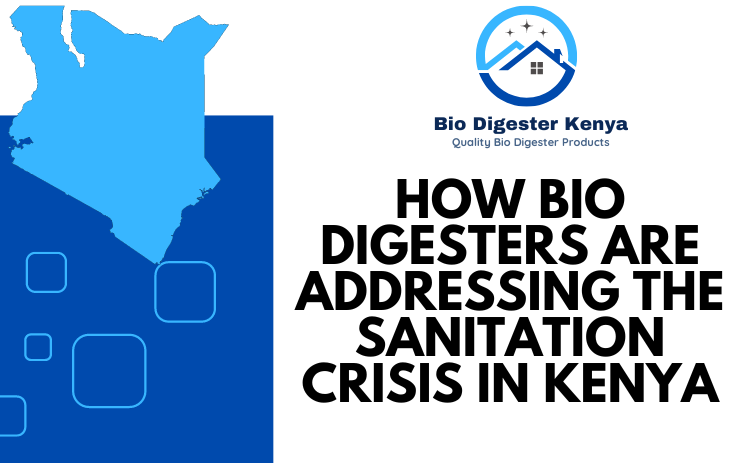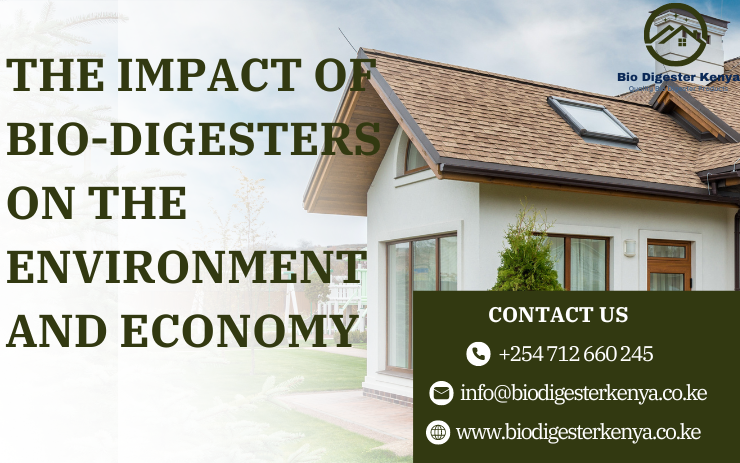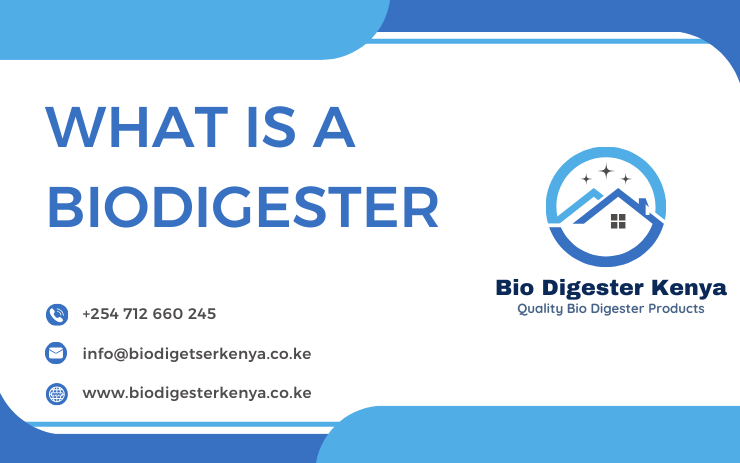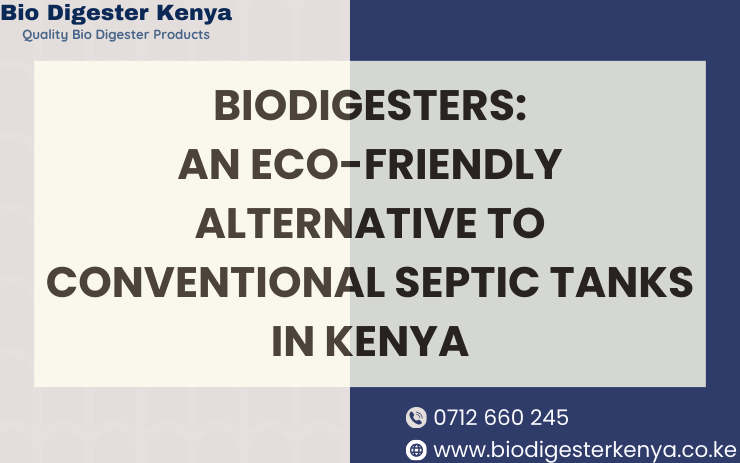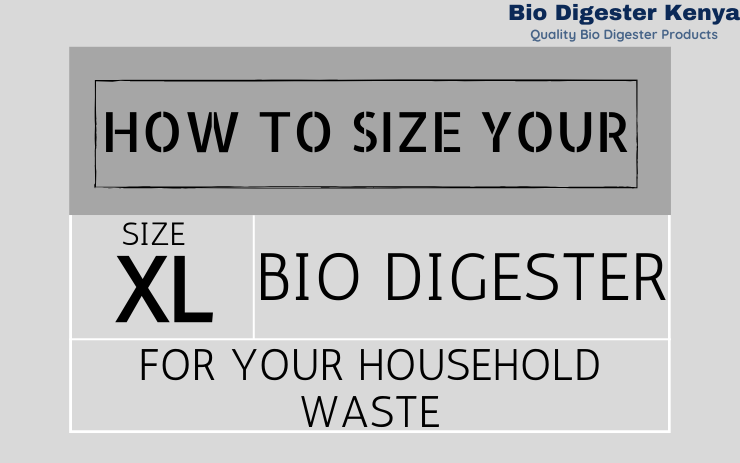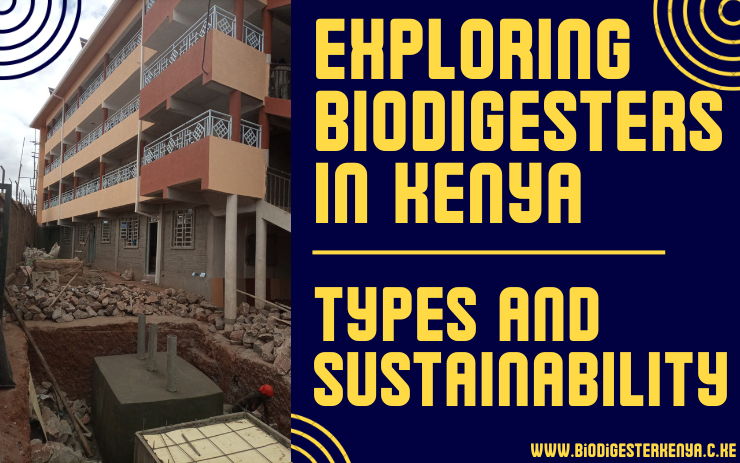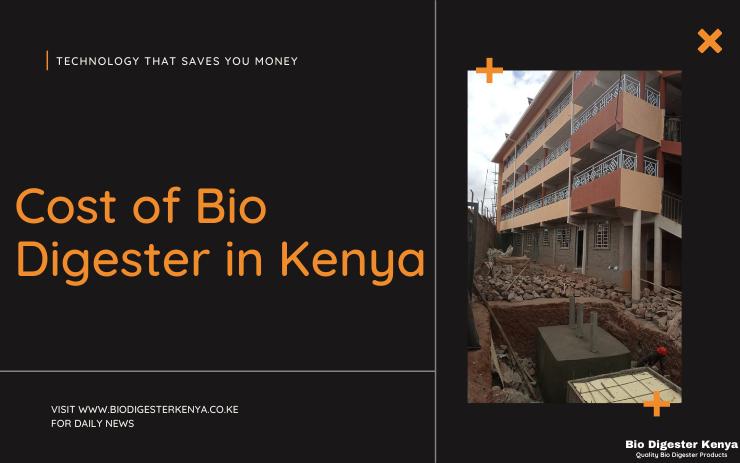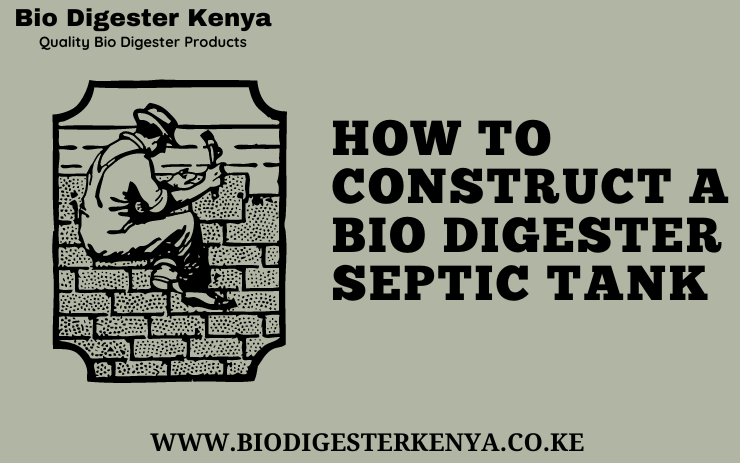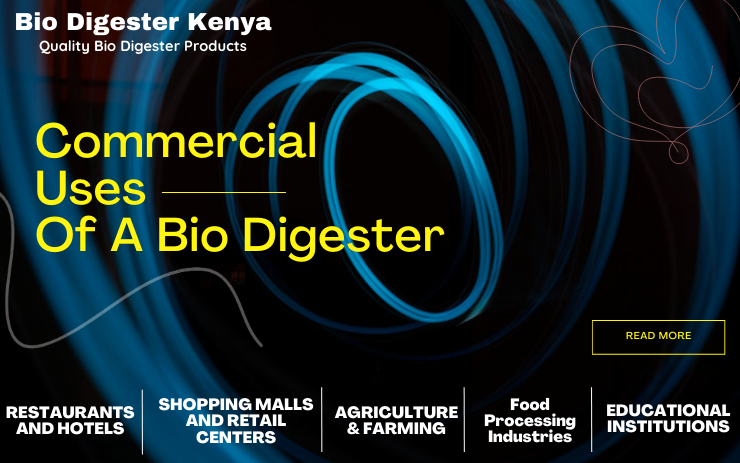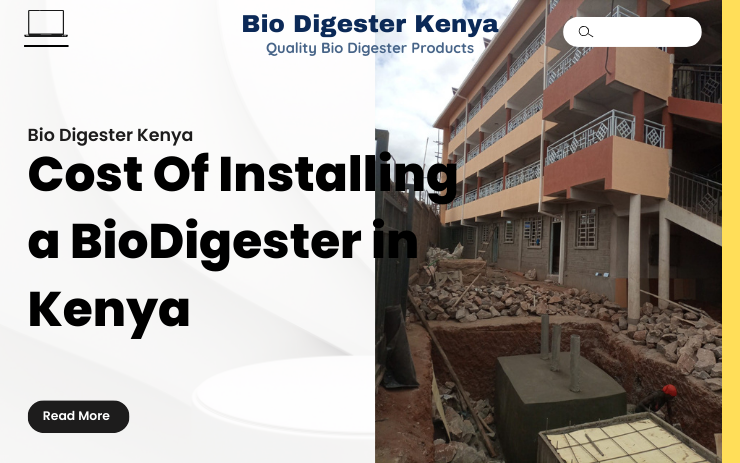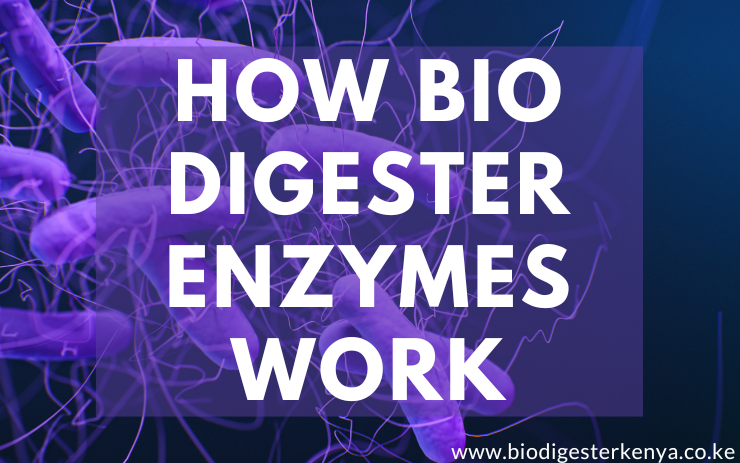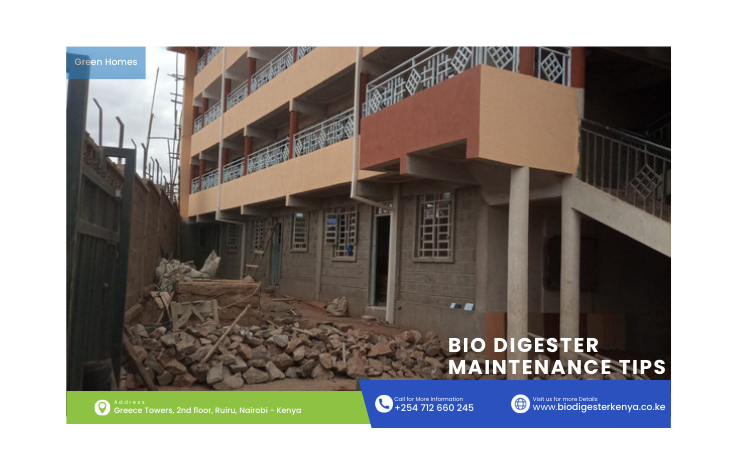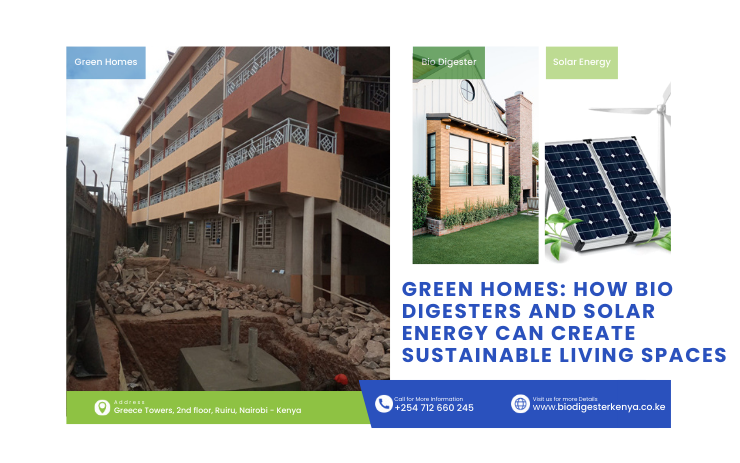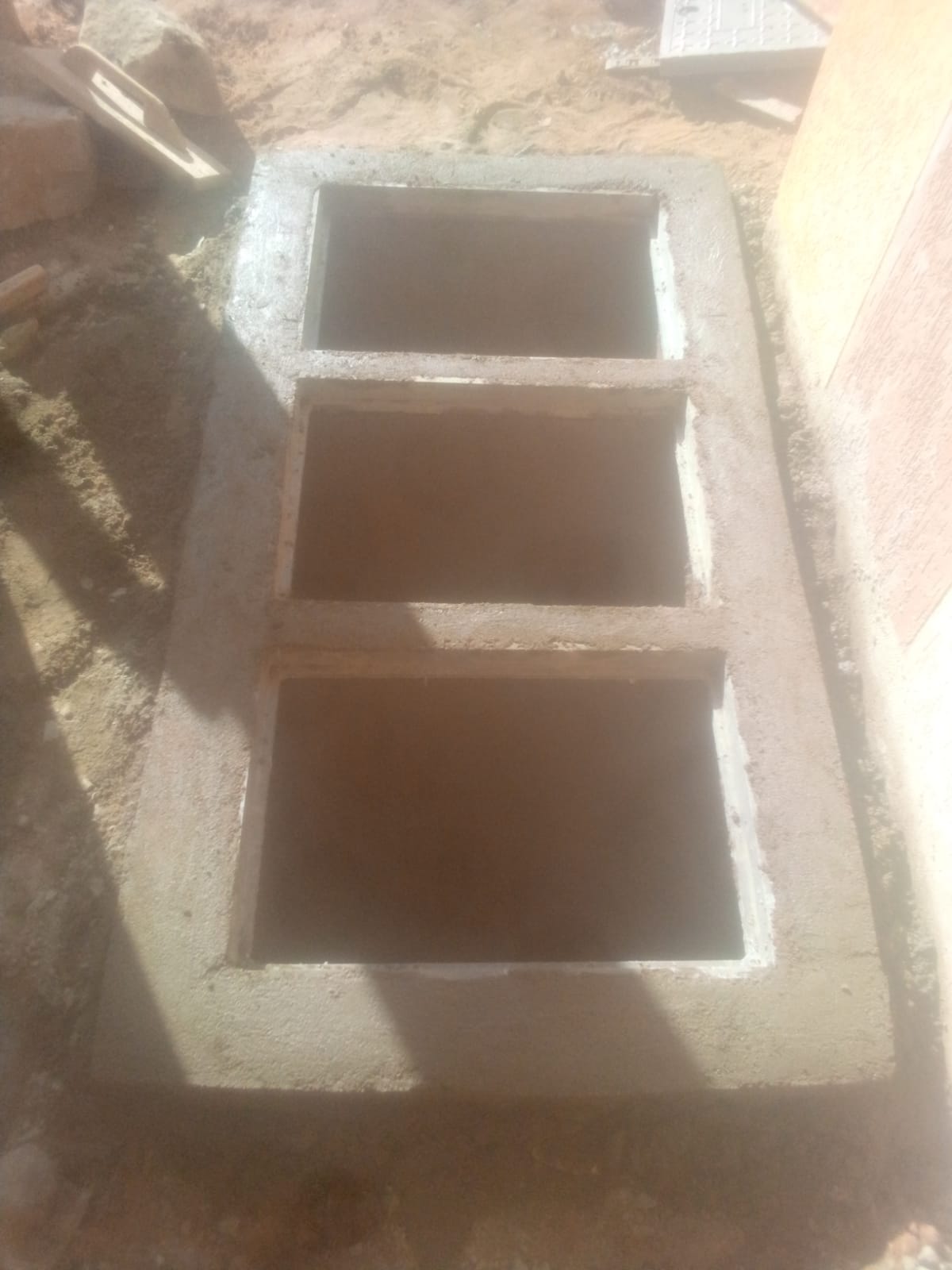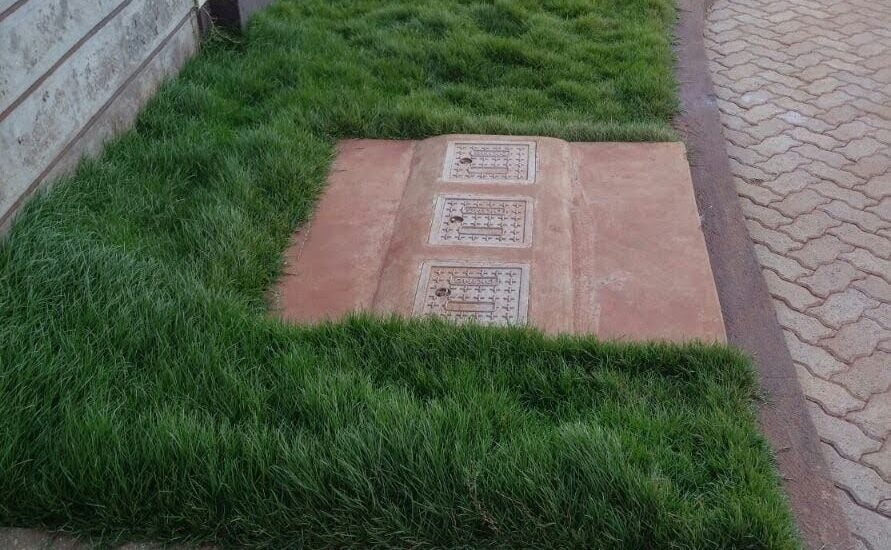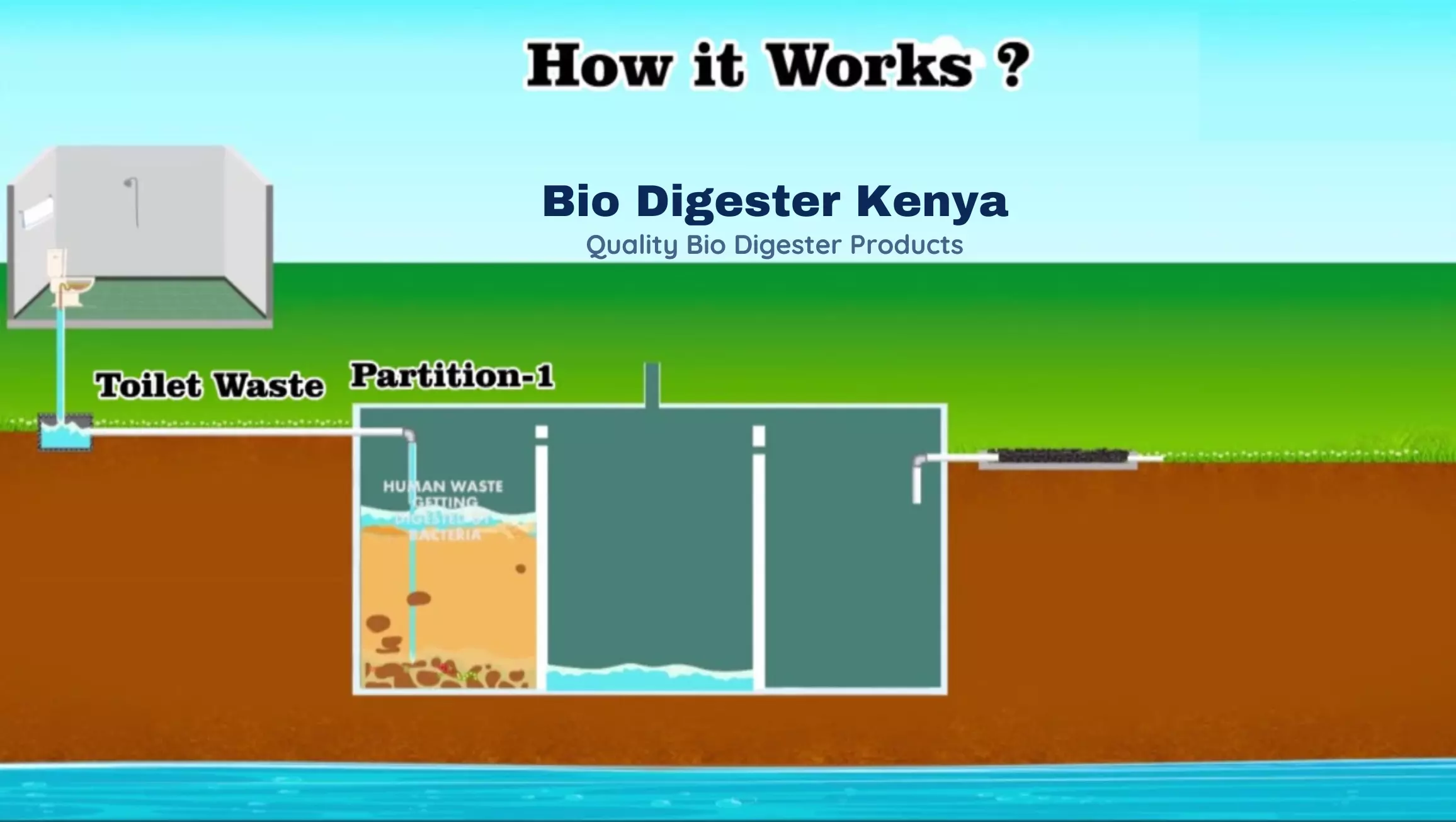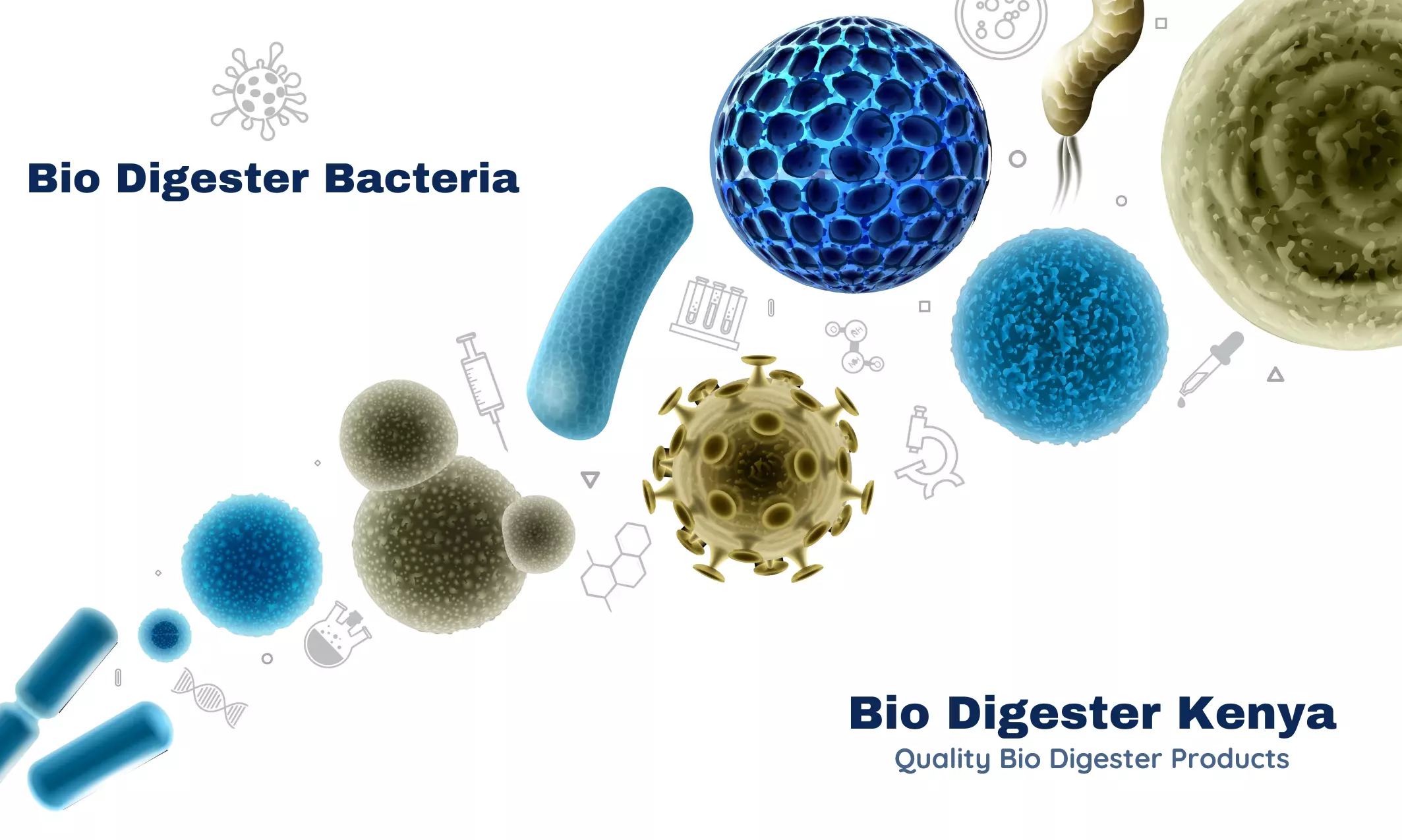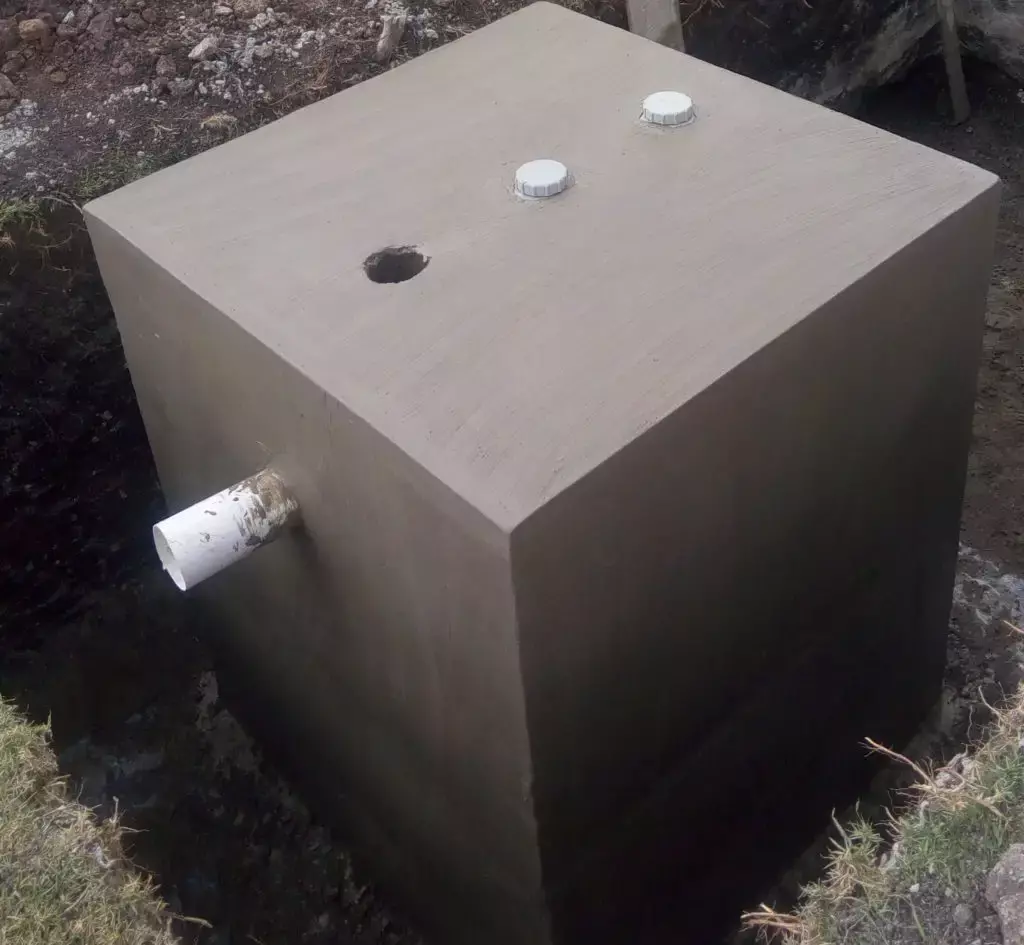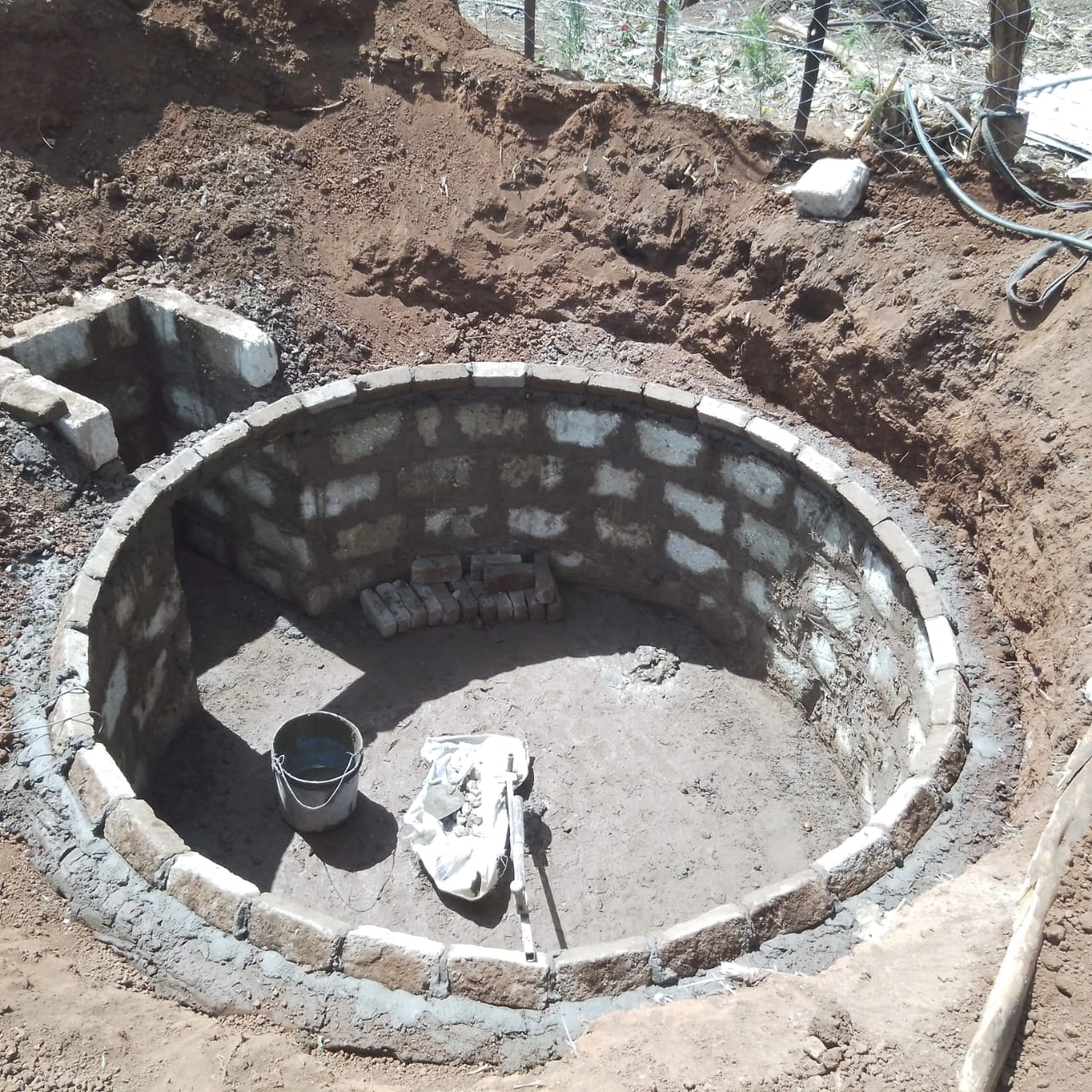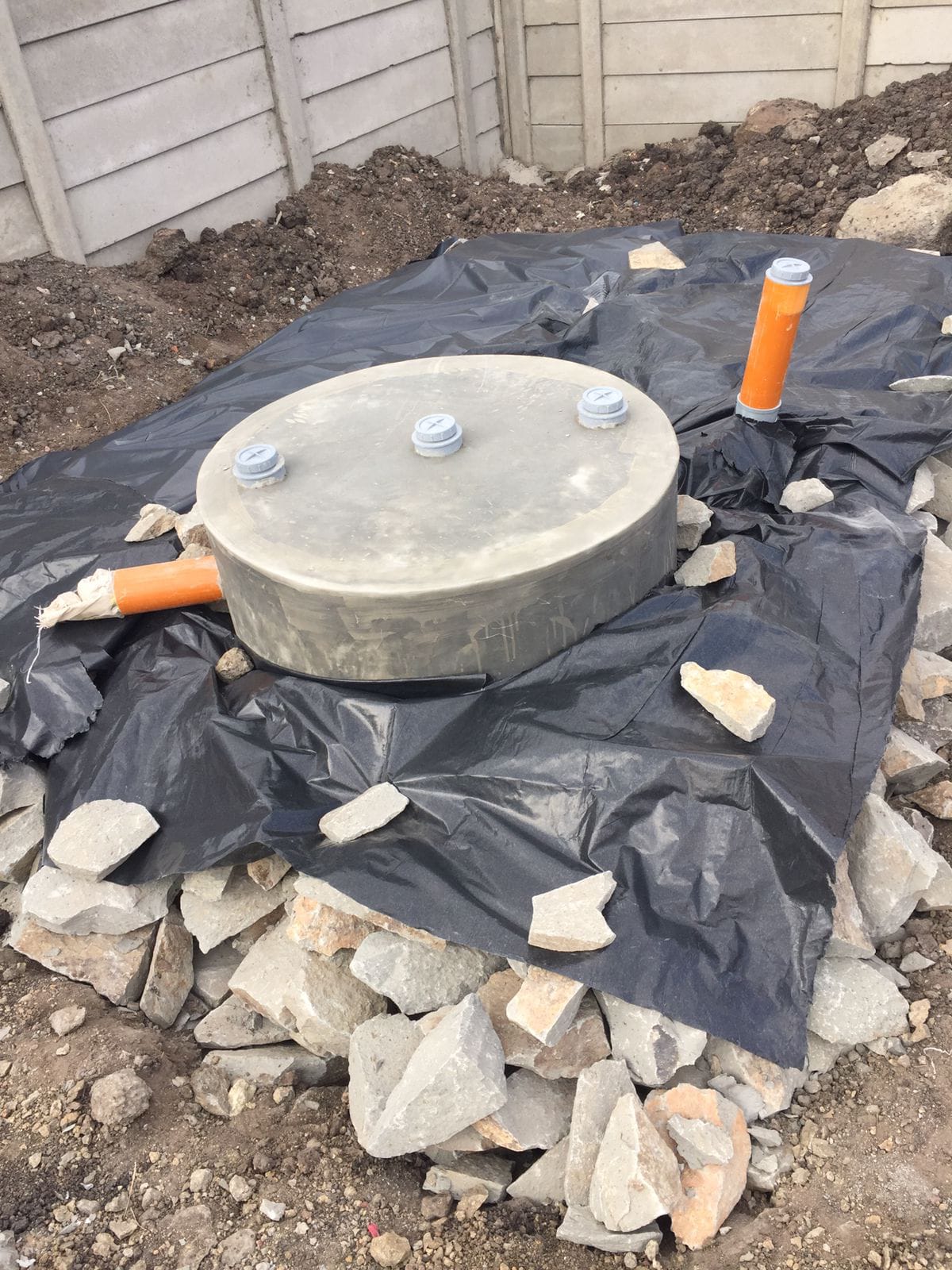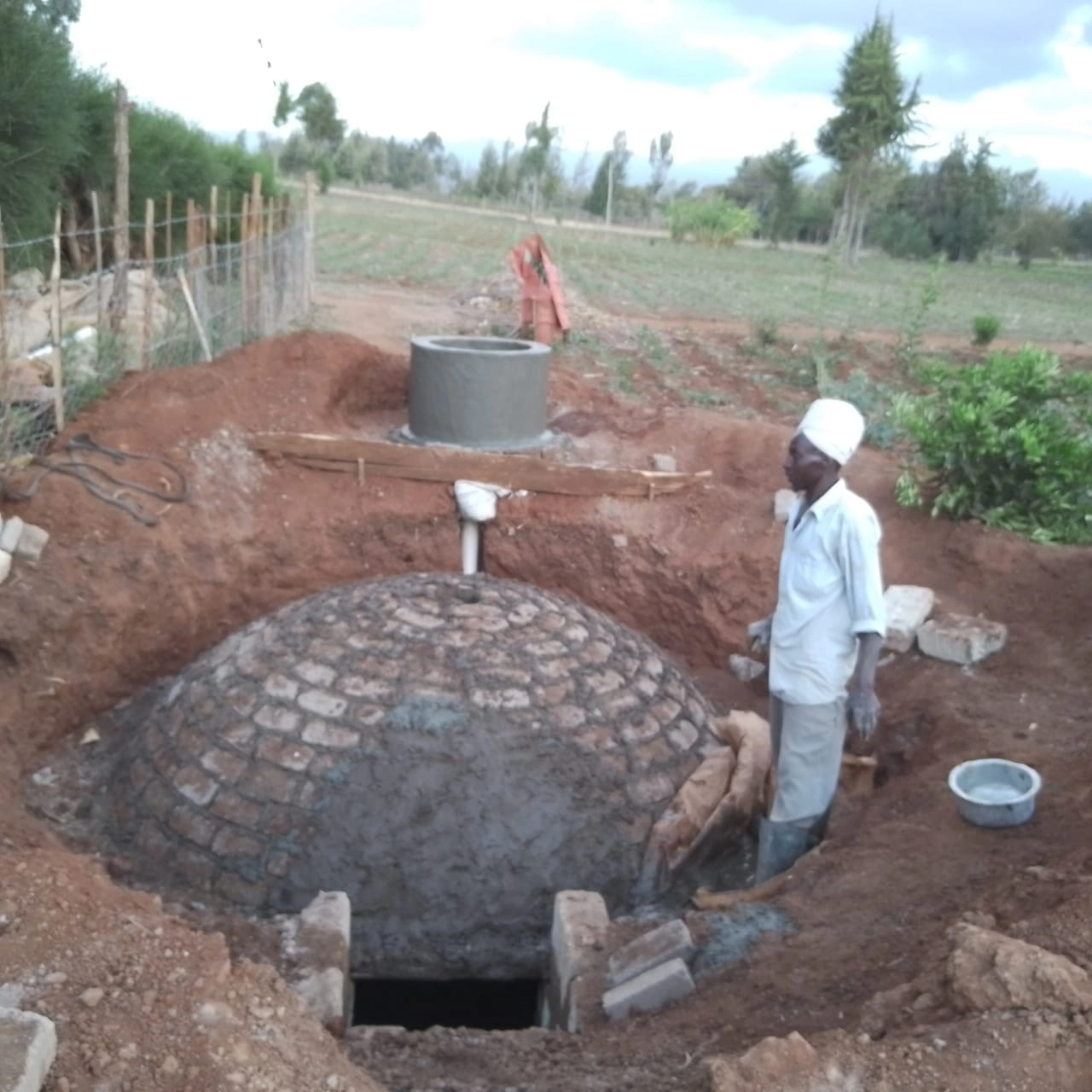Introduction
The use of bio digesters has gained popularity in recent years due to their environmental benefits and effective waste management solutions.
However, like any other system, bio digesters may encounter various problems that can affect their performance and efficiency.
In this article, we will explore the common problems faced by bio digesters and provide practical solutions to address them effectively.
Whether you are a bio digester owner or considering investing in one, understanding these issues and their solutions will help you make informed decisions and maintain a reliable and functional system.
Table of Contents
Understanding Bio Digesters
Before delving into the problems and solutions, let’s first gain a clear understanding of what bio digesters are.
Bio digesters are innovative waste treatment systems that harness natural microbial processes to break down organic waste materials, such as sewage, sludge, and agricultural residues.
They provide an eco-friendly alternative to conventional septic tanks and wastewater treatment methods.
Bio digesters work by creating an oxygen-free environment where anaerobic bacteria thrive and decompose the waste, converting it into biogas and nutrient-rich effluent.
You can read more on How Bio Digesters Work Here.
Benefits of Bio Digesters
Bio digesters offer several advantages over traditional waste management systems.
They are environmentally friendly, as they help reduce greenhouse gas emissions and promote sustainable waste treatment.
Additionally, bio digesters produce biogas, a renewable energy source that can be utilized for cooking, heating, and electricity generation.
Furthermore, the effluent produced by bio digesters can be used as organic fertilizer, thus closing the loop and contributing to a circular economy.
Common Bio Digester Problems
1. Clogging Issues
Clogging is a common problem faced by bio digesters, primarily caused by the accumulation of non-biodegradable materials or excessive sludge. It can lead to reduced digestion efficiency, foul odors, and system failure.
2. Foul Odor
Unpleasant odors emanating from a bio digester can be indicative of underlying issues. It may result from imbalanced microbial activity, improper waste management practices, or inadequate ventilation. Addressing this problem is crucial for maintaining a pleasant environment and preventing health hazards.
3. Inefficient Digestion
Inefficient digestion occurs when the microbial activity within the bio digester is compromised. This can be due to factors such as low bacteria count, improper temperature, lack of nutrients, or pH imbalance. Inefficient digestion results in a longer retention time for waste, reduced gas production, and incomplete decompositio
4. Excessive Sludge Buildup
Over time, organic waste materials can accumulate as sludge at the bottom of the bio digester. If not managed properly, excessive sludge buildup can hinder the digestion process, reduce the system’s capacity, and lead to clogging and foul odors.
5. System Failure
In rare cases, bio digesters may experience system failures, leading to complete shutdown or severe operational issues. System failure can be caused by various factors, including mechanical malfunctions, improper installation, electrical problems, or insufficient maintenance.
Solutions to Bio Digester Problems
1. Regular Maintenance and Inspections
Regular maintenance and inspections are essential for the smooth operation of a bio digester. This includes routine checks for clogs, leaks, and any signs of system malfunction. Timely maintenance can prevent major problems and ensure optimal performance.
2. Proper Bacteria Dosage
Introducing the right type and amount of bacteria into the bio digester is crucial for efficient waste digestion. Consult with a professional or a bio digester supplier to determine the appropriate bacteria dosage based on your system’s size and waste characteristics.
3. Dealing with Clogging Issues
To address clogging issues, it is important to identify the source of the problem. Non-biodegradable materials should be prevented from entering the system, and regular desludging may be required to remove excessive sludge. Seek professional assistance if clogging persists.
4. Eliminating Foul Odor
To eliminate foul odors, ensure proper ventilation of the bio digester system. Additionally, proper waste management practices, such as avoiding the disposal of toxic chemicals or large quantities of fats and oils, can help maintain a healthy microbial balance and minimize odor issues.
5. Enhancing Digestion Efficiency
To enhance digestion efficiency, monitor and maintain optimal operating conditions. This includes maintaining the required temperature range, pH levels, and nutrient balance within the bio digester. Regularly adding the appropriate bacterial cultures can also promote efficient waste breakdown.
6. Managing Sludge Buildup
Managing sludge buildup involves periodic desludging to remove accumulated solids. It is important to follow recommended guidelines for sludge removal and disposal to ensure environmental compliance. Proper waste management practices can also help minimize sludge accumulation.
7. Resolving System Failure
In the event of system failure, it is recommended to contact a professional bio digester technician or supplier. They can diagnose the issue, identify the root cause, and provide necessary repairs or replacements to restore the system’s functionality.
FAQs
1. How can I prevent clogging issues in my bio digester?
To prevent clogging issues in your bio digester, it is important to be mindful of what goes into the system. Avoid disposing of non-biodegradable materials such as plastics, sanitary products, or chemicals that can obstruct the digestion process. Regular desludging of the bio digester is also necessary to remove accumulated sludge and prevent clogs. Additionally, following proper waste management practices and ensuring the appropriate bacteria dosage can help maintain optimal digestion and minimize the risk of clogging.
2. Is it necessary to hire a professional for bio digester maintenance, or can I do it myself?
While some basic maintenance tasks can be performed by the bio digester owner, it is recommended to seek professional assistance for comprehensive maintenance. Professionals have the knowledge, experience, and specialized equipment to conduct thorough inspections, identify potential issues, and provide effective solutions. They can also ensure compliance with environmental regulations and optimize the performance of your bio digester. Regular professional maintenance can help detect problems early on and prevent major breakdowns, saving you time, money, and potential headaches in the long run.
3. What are the signs that indicate my bio digester is experiencing inefficient digestion?
Several signs can indicate inefficient digestion in a bio digester. These include reduced gas production, longer retention time for waste, incomplete decomposition of organic matter, and the presence of undigested solids in the effluent. Additionally, a foul odor or abnormal coloration of the effluent can be indicators of digestion issues. If you notice any of these signs, it is advisable to have your system checked by a professional. They can assess the factors affecting digestion efficiency and recommend appropriate measures to improve performance.
4. Are there any eco-friendly additives or treatments available to address foul odor in a bio digester?
Yes, there are eco-friendly additives and treatments available to address foul odor issues in bio digesters. One common solution is the use of specialized bacterial cultures or enzymes designed to enhance microbial activity and promote proper waste digestion. These additives help restore the microbial balance within the system, reducing foul odors and improving overall performance. It is important to choose environmentally friendly products specifically formulated for bio digesters and follow the recommended dosage and application guidelines provided by the manufacturer.
5. Can I retrofit an existing septic tank system into a bio digester?
In many cases, it is possible to retrofit an existing septic tank system into a bio digester. However, it depends on various factors such as the condition and size of the septic tank, soil composition, and local regulations. Retrofitting typically involves adding additional components to the septic tank system to facilitate anaerobic digestion and biogas production. It is recommended to consult with a professional bio digester installer or technician who can assess the feasibility of retrofitting your specific septic tank and provide guidance on the necessary modifications or upgrades required to convert it into a bio digester system.
Conclusion
Bio digesters offer an eco-friendly and sustainable solution for waste management.
However, it is essential to be aware of the potential problems that can arise and have knowledge of effective solutions to address them.
Regular maintenance, proper bacteria dosage, and appropriate waste management practices are key to ensuring the optimal performance of bio digesters.
By understanding and addressing common bio digester problems, you can maintain a reliable and efficient system that contributes to a greener future.
Related Articles

Bio Digester vs Septic Tank: Which One is Better for Your Home?
